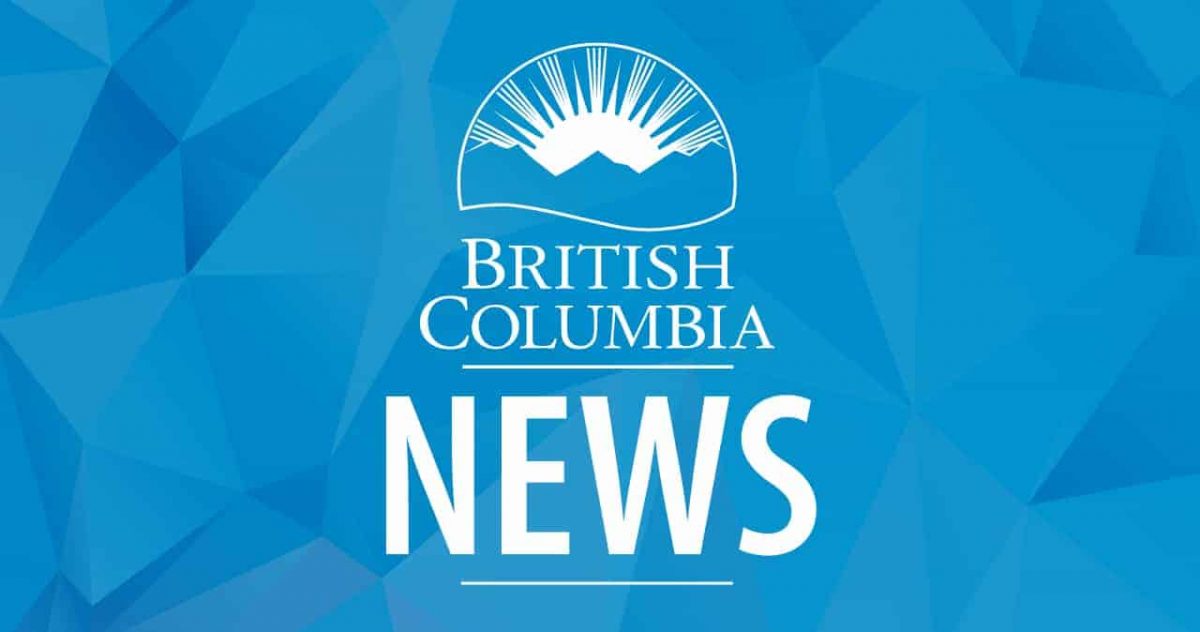
Province increases prevention of invasive species spreading in waterways
To support government’s efforts to prevent invasive species, British Columbia’s chief veterinarian has issued an order making it illegal to transport watercraft in British Columbia with the drain plug still in place, as of May 17, 2024.
“This order is part of our ongoing actions to contain and prevent further spread of whirling disease and keep invasive mussels out of B.C. waterways,” said Nathan Cullen, Minister of Water, Land and Resource Stewardship. “Beginning May 17, 2024, boat operators in British Columbia are required to pull the plug before moving a boat or any equipment between water bodies.”
Before transporting a boat or other watercraft, owners/operators must remove the drain plug and drain all water on dry land, including all internal compartments, such as ballasts, bilges and live wells.
In addition to pulling the plug, boat operators, anglers and water enthusiasts should clean, drain and dry all watercraft, trailers and equipment (lifejackets, paddles, coolers, etc.) on dry land, away from storm water drains, ditches and waterways. All mud, sand and plant materials should be removed from boats before leaving the shore. Operators should also allow a minimum of 24 hours drying time for watercraft and/or equipment before entering new waters.
The first case of whirling disease in B.C. was confirmed in Yoho National Park in December 2023 (Columbia River Watershed). It can be transmitted through spores that attach to equipment used for swimming, paddling, boating, water pumping, fishing, pets, or through infected fish (alive or dead) and fish parts. There is currently no treatment available to eradicate whirling disease. There are no health concerns for people swimming in or drinking water that contains whirling disease.
“Urgent action is needed to protect communities and wildlife from whirling disease and invasive mussels, and that’s what we’re doing,” said George Heyman, Minister of Environment and Climate Change Strategy. “We cannot allow the introduction of these threats to the ecosystems that support families, industries, First Nations and communities.”
The Province’s invasive mussel defence program (IMDP) works to protect B.C. lakes and rivers from zebra and quagga mussels through early-detection lake monitoring, watercraft inspection stations and public outreach. The program has strong and active collaborations with neighbouring jurisdictions in Western Canada and the United States.
IMDP inspection stations are open from April until October to prevent zebra and quagga mussels from hitching a ride on boats or any water equipment and entering B.C. waterways. Inspectors will also be checking watercraft for compliance with the chief veterinarian’s pull the plug order.
Quote:
Blair Ireland, chair of the Okanagan Basin Water Board –
“We’re very happy to see the province answer our call for pull-the-plug regulations. One litre of water can carry 9,000 invasive mussel larvae. So, this is an important step forward, while the Okanagan Basin Water Board continues to push for additional action, especially federal funding. In the meantime, this is a tangible way boaters can help protect the waterways they love to visit and play in.”
Learn More:
To learn more about B.C.’s invasive mussel defence program and find out what you can do as a watercraft user, visit:
https://www2.gov.bc.ca/gov/content/invasive-mussels/what-can-you-do
To learn more about watercraft inspections on B.C.’s waterways, visit:
https://www2.gov.bc.ca/gov/content/invasive-mussels/bc-watercraft-inspection-stations
To learn more about response to whirling disease, which is a combined effort from both provincial and federal governments, visit:
Parks Canada: https://parks.canada.ca/pn-np/bc/yoho/activ/peche-fishing/faq
Canadian Food Inspection Agency: https://inspection.canada.ca/animal-health/aquatic-animals/diseases/reportable-diseases/whirling-disease/fact-sheet/eng/1336686597267/1336686806593
